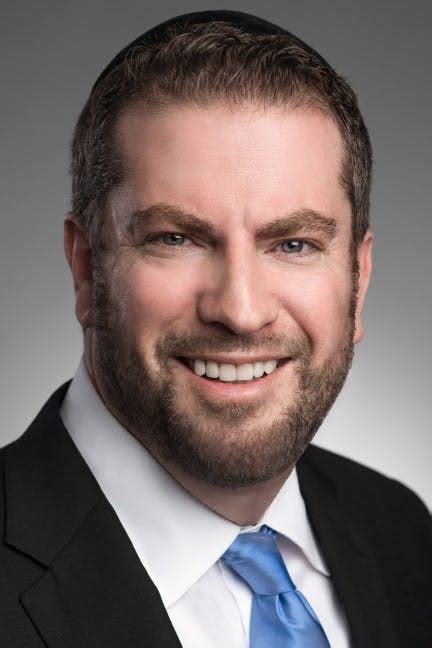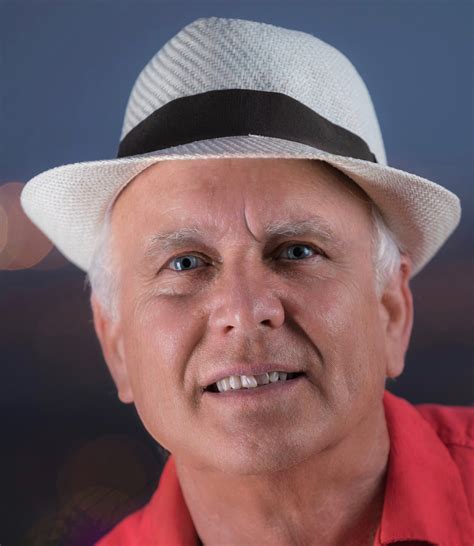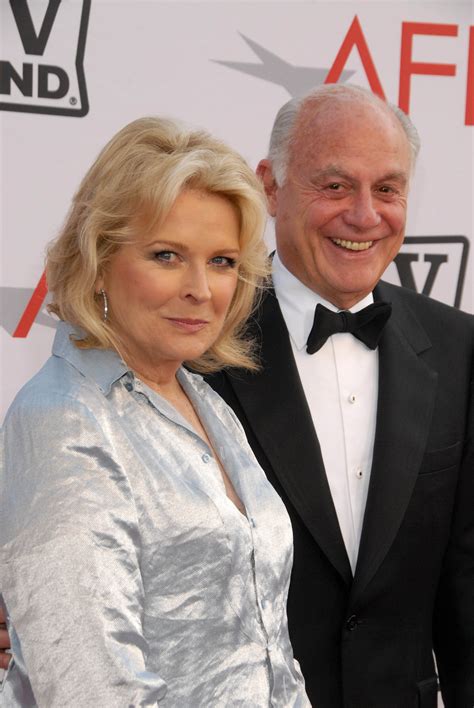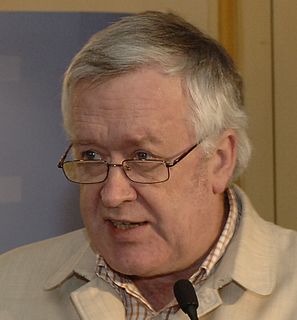A Quote by Marshall B. Rosenberg
When we fear punishment, we focus on consequences, not on our own values.
Quote Topics
Related Quotes
Perhaps the most significant thing a person can know about himself is to understand his own system of values. Almost every thing we do is a reflection of our own personal value system. What do we mean by values? Our values are what we want out of life. No one is born with a set of values. Except for our basic physiological needs such as air, water, and food, most of our values are acquired after birth.
I think when we talk about corporal punishment, and we have to think about our own children, and we are rather reluctant, it seems to me, to have other people administering punishment to our own children, because we are reluctant, it puts a special obligation on us to maintain order and to send children out from our homes who accept the idea of discipline. So I would not be for corporal punishment in the school, but I would be for very strong discipline at home so we don't place an unfair burden on our teachers.
The best crime stories are always about the crime and its consequences - you know, 'Crime And Punishment' is the classic. Where you have the crime, and its consequences are the story, but considering the crime and the consequences makes you think about the society in which the crime takes place, if you see what I mean.
The emotion of fear often works overtime. Even when there is no immediate threat, our body may remain tight and on guard, our mind narrowed to focus on what might go wrong. When this happens, fear is no longer functioning to secure our survival. We are caught in the trance of fear and our moment-to-moment experience becomes bound in reactivity. We spend our time and energy defending our life rather than living it fully.
Having confidence in a free society is to focus on the process of discovery in the marketplace of values rather than to focus on some imposed vision or goal. Using governmental force to impose a vision on others is intellectual sloth and typically results in unintended, perverse consequences. Achieving the free society requires courage to think, to talk, and to act - especially when it is easier to do nothing.
While criticism or fear of punishment may restrain us from doing wrong, it does not make us wish to do right. Disregarding this simple fact is the great error into which parents and educators fall when they rely on these negative means of correction. The only effective discipline is self-discipline, motivated by the inner desire to act meritoriously in order to do well in one's own eyes, according to one's own values, so that one may feel good about oneself may "have a good conscience.
The American tradition of foreign policy exceptionalism, our grand strategy as a nation, reaches back much further. Really at the turn - the end of the 19th century, when we achieved power a generation after the Civil War, the outlines of an American vision came into focus, and what we - it was based on two things. One, our realization that our values and our interests were the same, and that our business interests would advance as our values advanced in the world.





































